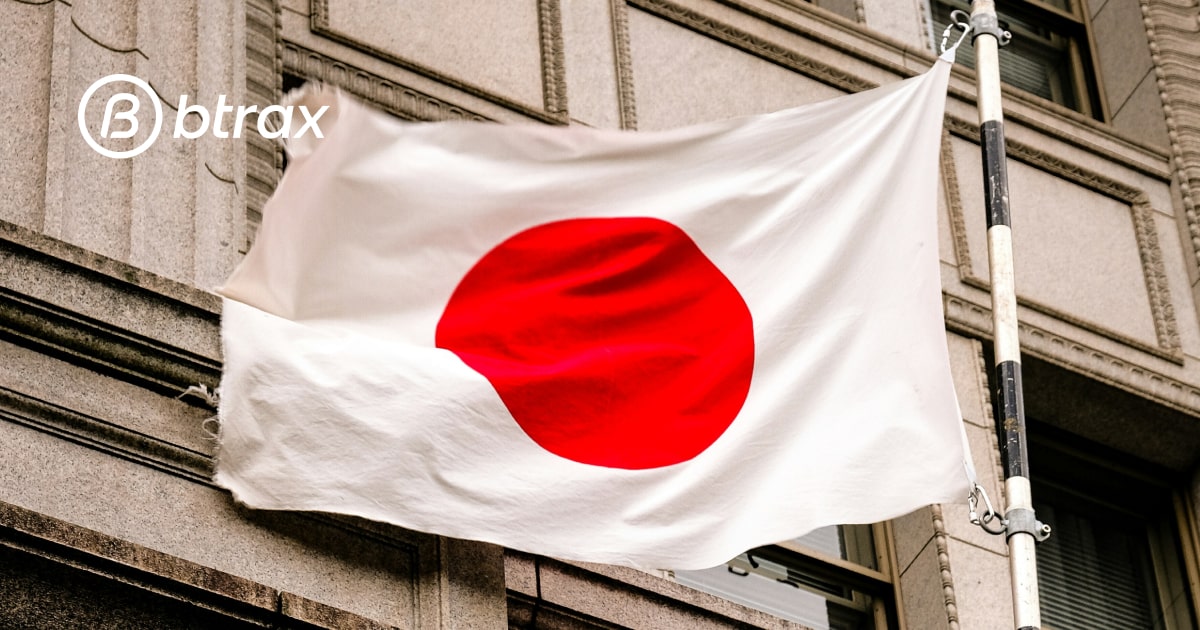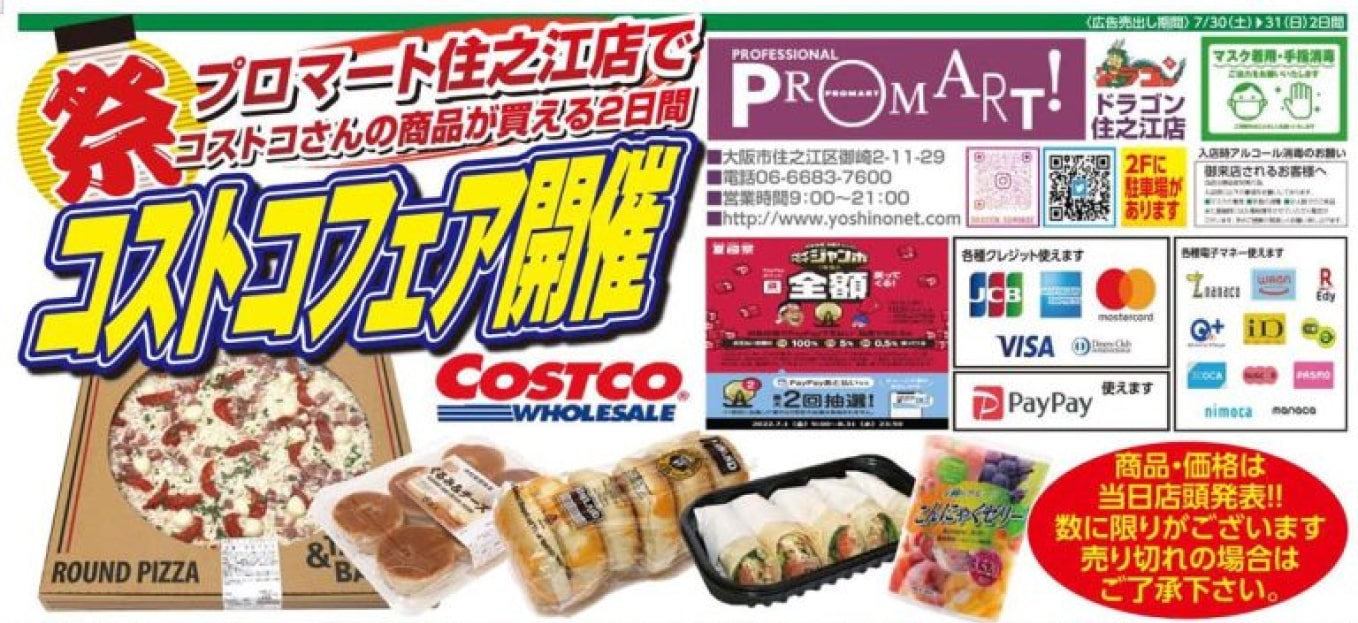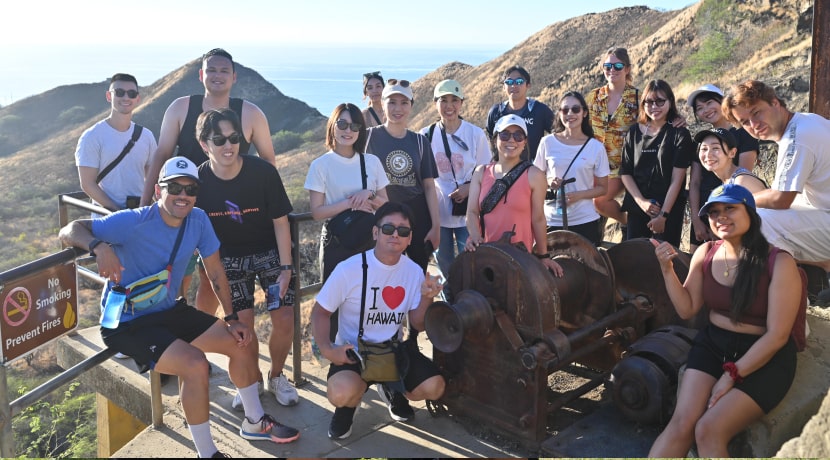
Btrax Design Company > Freshtrax > Challenges and ...
Challenges and Solutions for Global Companies Expanding into Japan
With a population of 123 million and a GDP ranking among the top in the world, Japan remains one of the most attractive and stable markets for global businesses. It boasts a strong consumer base, advanced infrastructure, and a reputation for quality and innovation. Many multinational companies, from tech giants to consumer brands, have sought success in Japan, yet only a handful have truly thrived.
Expanding into Japan is an opportunity to tap into a high-value market with discerning consumers, but it comes with unique challenges. Even well-established global companies must adapt to Japan’s business culture, consumer expectations, and regulatory environment. Success in other markets does not guarantee success in Japan—companies must localize not just their products but also their strategies.

Lawson is one of the top 3 convenience stores in Japan today, however, it originated in Ohio! (Source.)
Despite the challenges of entering Japan’s market, some U.S. brands that disappeared at home have found lasting success there—discover the stories of three such brands in 3 Vanished U.S. Brands Whose Businesses Live On in the Japanese Market.
Challenges Faced by Global Companies Expanding into Japan
What are the key hurdles global businesses encounter when entering Japan?
According to a 2023 JETRO report on foreign companies operating in Japan, the top challenges include:
- Understanding local consumer preferences and adapting marketing strategies
- Navigating Japan’s complex distribution channels
- Building brand trust in a market that values long-term relationships
- Hiring and retaining top talent in a competitive job market
The two central questions companies must address are:
- How do we effectively reach and connect with Japanese consumers?
- How can we build a strong, locally integrated team?
Let’s explore these challenges in more detail and discuss potential solutions.

Read about Costco’s market entry in our article: Costco Japan: Wholesale Success in a Country of Small Households (Source.)
How Do We Effectively Reach and Connect with Japanese Consumers?
The Importance of Deep Market Research
Companies looking to enter Japan often receive advice such as:
- “Localization is essential—not just in language, but in design, messaging, and branding.”
- “A direct translation of your global marketing approach won’t work here.”
- “Brand reputation and trust-building takes time—Japan is a long-term market.”
Despite this, many businesses still struggle to gain traction. Why?
Japan’s Unique Consumer Preferences and Market Norms
Compared to Western markets, Japanese consumers have different expectations when it comes to branding, communication, and service quality.
For example:
- Japanese consumers highly value quality, precision, and reliability. A strong brand reputation and word-of-mouth are more important than aggressive advertising.
- Decision-making processes are slow and detail-oriented. Consumers often conduct extensive research before making a purchase.
- Service and customer support are critical. The expectation for after-sales service is much higher than in Western markets.
This means companies must focus on brand positioning, customer experience, and long-term trust-building rather than short-term promotional tactics.
For deeper insights into Japanese consumer behavior, download 100+ Facts to Understand the Motivations Behind Japanese Behaviors today and gain a clearer perspective on this unique market!

Retail and Distribution Challenges
Japan has a complex retail landscape with dominant players in various sectors. Unlike in the U.S. or Europe, where direct-to-consumer (DTC) models and digital marketing can drive rapid adoption, Japan relies heavily on trusted distribution networks.
- Brick-and-mortar retail remains influential. Even with e-commerce growth, many consumers still prefer physical stores for major purchases. A study indicated that 45% of products are cheaper online, 48% are priced the same, and 7% are more affordable in physical stores. (Selling in Japan) This suggests that nearly half of the products have no price advantage online, reinforcing the competitiveness of brick-and-mortar retail.
- Retail partnerships are essential. Gaining shelf space in major retailers such as Aeon, Don Quijote, or department stores can significantly boost credibility.
- E-commerce has its own rules. While Amazon Japan is growing, platforms like Rakuten and Yahoo! Shopping still dominate certain categories such as fashion, electronics, and cosmetics, requiring a tailored approach.
- Omnichannel strategies matter. The “bricks and clicks” model, where traditional retailers complement their physical stores with online shopping options, is prevalent in Japan, catering to consumer preferences for both convenience and in-person shopping experiences.
Companies that fail to adapt to Japan’s distribution structure often struggle to scale their presence effectively.
For a deeper understanding of Japan’s unique retail and e-commerce landscape, download Insights into Japan’s E-Commerce and Direct-to-Consumer (D2C) Market and discover key strategies for navigating distribution networks, consumer preferences, and online retail trends in Japan!

How Can We Build a Strong, Locally Integrated Team?
Hiring and Retaining Top Talent in Japan
Building a strong local team is crucial for success, but Japan’s hiring landscape presents unique challenges:
- Japan has a highly competitive job market, especially for bilingual professionals with experience in global companies.
- Lifetime employment culture is still influential, meaning employees expect long-term career development opportunities.
- Decision-making structures differ. Many Japanese companies operate with hierarchical approval processes, which can slow decision-making for multinational firms accustomed to more agile structures.
For a proven approach to merging different workplace cultures, learn how the btrax team does it in our article 4 Tips to Help Your Team Successfully Integrate Two Work Cultures Into One.
Solutions: Building a Localized Talent Strategy
- Invest in Employer Branding: Foreign companies that succeed in Japan often build strong reputations as employers. Showcasing career development opportunities, work-life balance, and a commitment to Japan’s market is key.
- Balance Local and Global Leadership: While having expat executives is common, hiring senior Japanese leaders who understand both local business culture and global strategy is critical.
- Adapt HR Policies to Japanese Expectations: Offering clear career progression, competitive compensation, and strong workplace culture can help attract and retain top talent.
Keys to Market Expansion Success
To establish a successful and sustainable business in Japan, companies must prioritize:
- Comprehensive market research and localized branding to connect with Japanese consumers authentically.
- Building strong retail and e-commerce partnerships to navigate Japan’s distribution networks effectively.
- Hiring and integrating a strong local team, balancing global strategy with deep cultural understanding.
Japan remains a high-barrier but high-reward market. Companies that approach expansion with a commitment to localization, long-term investment, and cultural adaptation will have the best chance of success.
If your company is looking to enter the Japanese market and achieve long-term success, btrax can help you navigate the challenges and localize your strategy. Contact us today to get started!








